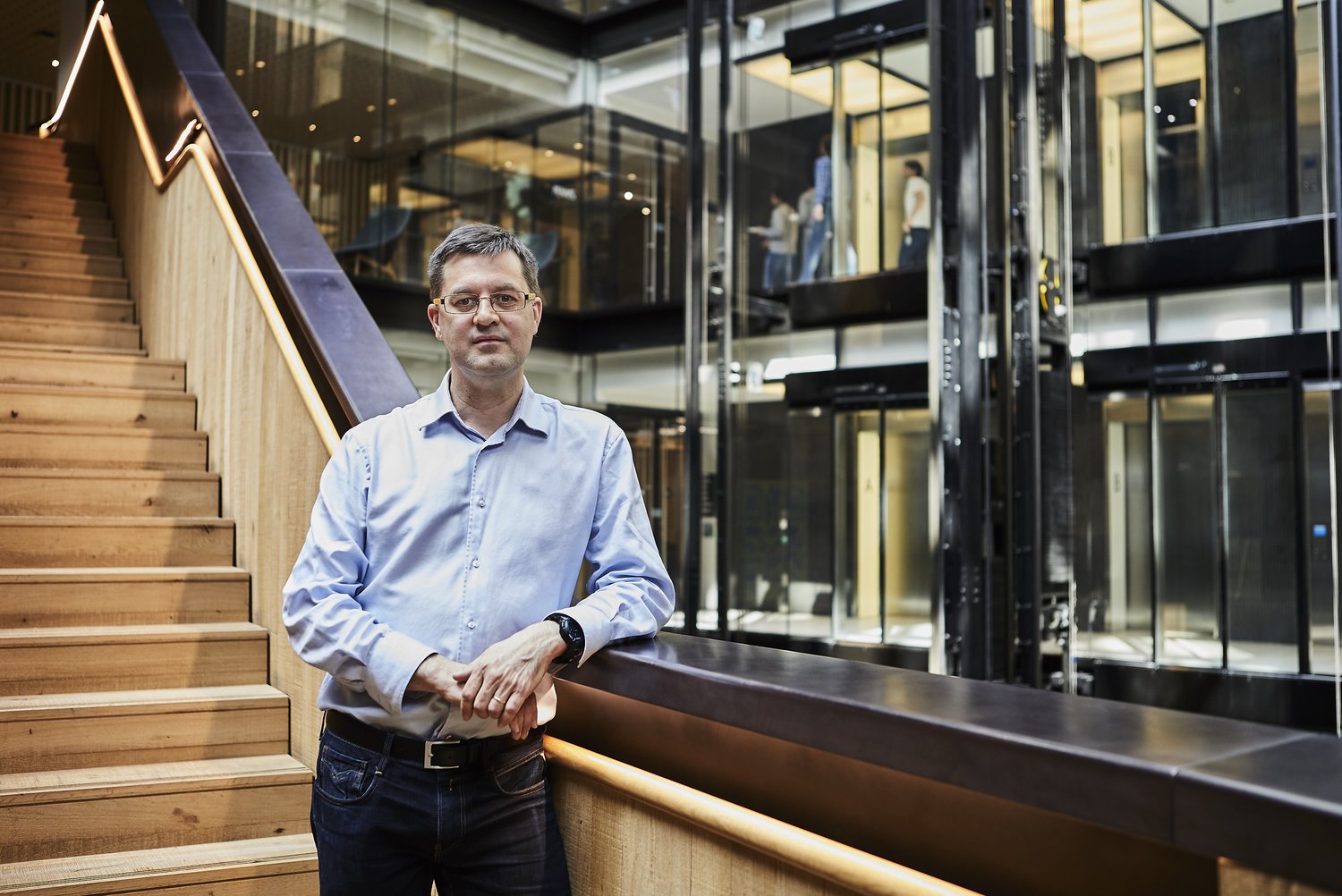 EMERGING TECH
EMERGING TECH
 EMERGING TECH
EMERGING TECH
 EMERGING TECH
EMERGING TECH
DeepMind Technologies Inc., the machine learning company owned by Alphabet Inc., announced today that it’s opening a new artificial intelligence lab in Paris.
The new lab will be headed by Remi Munos (pictured), a French native and senior researcher at DeepMind who has authored 150 research papers. In an announcement video, Munos said Paris is a perfect fit for DeepMind’s next lab because the city has a thriving AI and machine learning ecosystem that’s still growing.
“Effectively, there are a large number of research labs in universities, engineering schools and public research centers together with a large number of AI startups who have appeared, as well as large companies that are setting themselves up,” said Munos. “Joining this network is a very positive move for DeepMind, to collaborate with this scientific community in order to contribute to research and also to teach students.”
Frédérique Vidal, France’s Minister of Higher Education, Research and Innovation, said in a statement that DeepMind’s Paris lab “demonstrates the excellence and attractiveness of the Artificial Intelligence Ecosystem in France,” and she added that the country will soon establish partnerships with “the public actors of French research.”
Several members of France’s academic research community also praised DeepMind’s move to Paris, including Antoine Petit, chairman and chief executive of the French National Center for Scientific Research.
“I see this as another testament to the quality of the work being done in France in the field of AI,” said Petit. “It’s also an opportunity for CNRS to establish further mutually beneficial collaborative ventures. The whole community of academic and industry partners has been working together to build – step by step – a thriving and indeed world-class AI ecosystem in Paris and the surrounding region.”
According to Munos, the DeepMind Paris team will work on a number of different themes in AI research, but he particularly highlighted reinforcement learning as a key focus for the new lab.
“The aim is to allow a computer to teach itself from its own experience in a similar way a child learns to explore his environment,” Munos explained. “For example, the way a child learns to ride a bike isn’t by solving differential equations of the system dynamics. No, he’s trying, he looks at what’s happening, maybe he falls, he gets up, he starts again, and that way he learns step by step.”
One of the main benefits to reinforcement learning that the AI does not need as much human input to learn a skill, which is why AlphaGo Zero could master the game of chess in just 24 hours when it took IBM Corp. more than 10 years to develop its famous Deep Blue system.
Although reinforcement learning can reduce the time and effort required to develop an AI, the method’s biggest potential is the ability to create an AI that can learn how to handle a wide range of different tasks, a capability that DeepMind Chief Executive Demis Hassabis called “a core component of intelligence.” Rather than relying on dozens of AI programs that all specialize in one task, reinforcement learning opens up the exciting and terrifying possibility of a single super-AI that can do everything.
THANK YOU